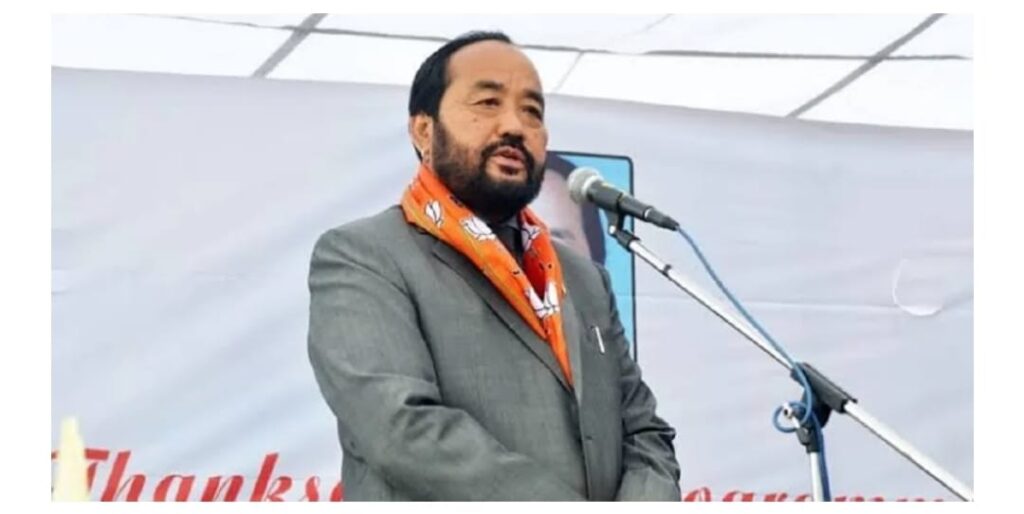In a bid to protect the unique customs and traditions of the tribal-dominated areas in Nagaland, the state government, led by Deputy Chief Minister Y Patton, has been actively engaging with the central government to advocate for their exemption from the Uniform Civil Code (UCC). The move comes as part of the government’s commitment to safeguard the cultural autonomy and self-governance of tribal communities in the region.
The Uniform Civil Code proposes a standardized set of laws governing personal matters, including marriage, divorce, inheritance, and adoption, for all Indian citizens, regardless of their religious or ethnic backgrounds. However, tribal areas in India have long maintained their own distinct legal systems and customary practices, which are protected by constitutional provisions recognizing the unique identity and autonomy of these communities.
Deputy Chief Minister Y Patton emphasized the significance of preserving the tribal way of life and ensuring that their customs remain unaffected by any potential implementation of the UCC. Recognizing the concerns expressed by tribal communities regarding the impact on their traditional practices, Patton asserted that the state government is making every effort to convince the central government of the necessity to exempt tribal-dominated areas from the UCC’s purview.
The government’s proactive engagement reflects a careful balancing act between the imperative for a standardized legal framework and the preservation of tribal identities. The negotiations between the Nagaland government and the central authorities involve legal considerations, political negotiations, and the interests of all stakeholders concerned.
While the current status of the Nagaland government’s efforts to secure tribal exemption from the UCC remains undisclosed, it underscores their commitment to protect and promote the diversity and cultural heritage of the state. The outcome of these discussions will have far-reaching implications for tribal communities in Nagaland and may set a precedent for similar regions across the country.
As the deliberations continue, it is hoped that a mutually agreeable solution can be reached, one that respects the rights of tribal communities while upholding the principles of justice and equality for all citizens. The path forward lies in striking a balance that acknowledges the aspirations of tribal communities while addressing the broader objectives of a unified legal framework in India.

